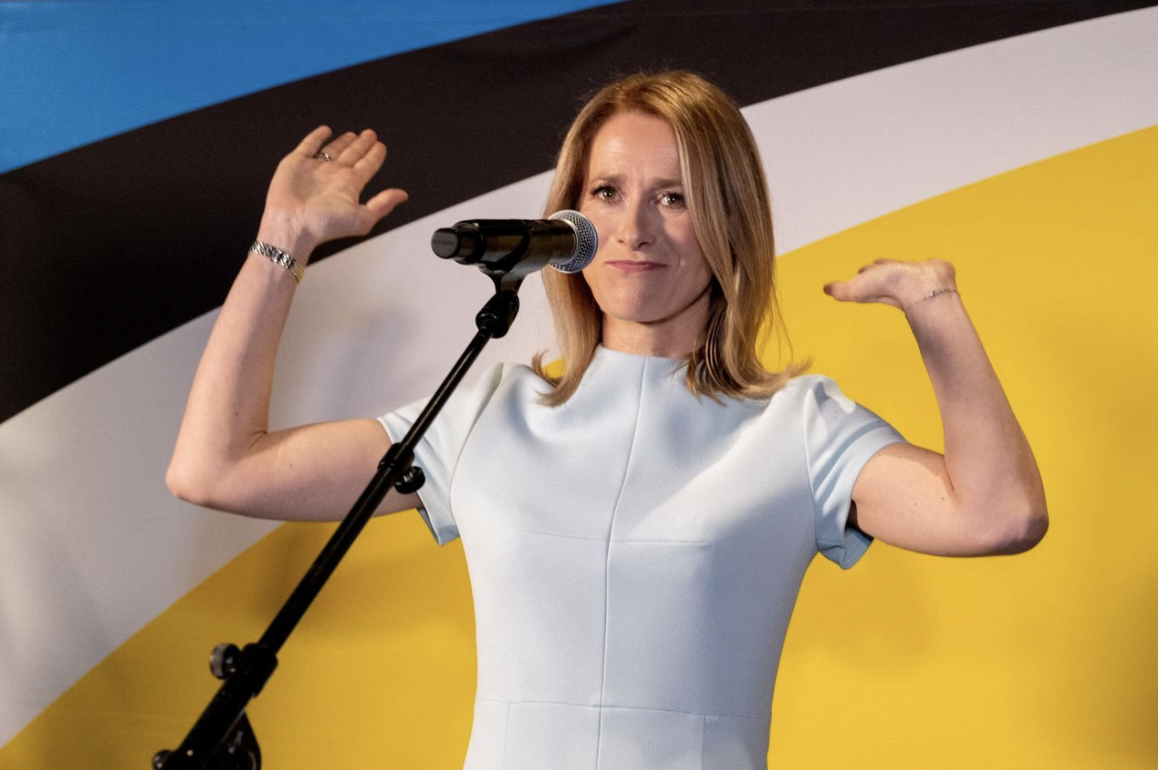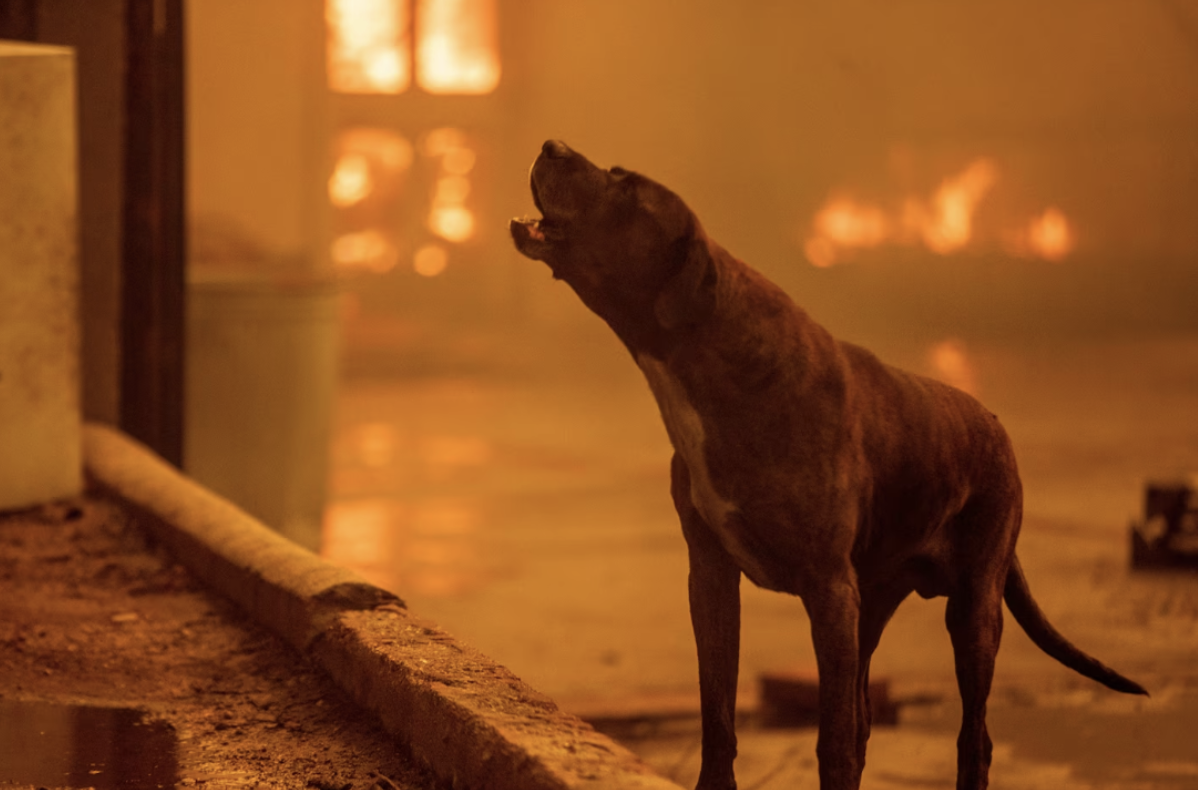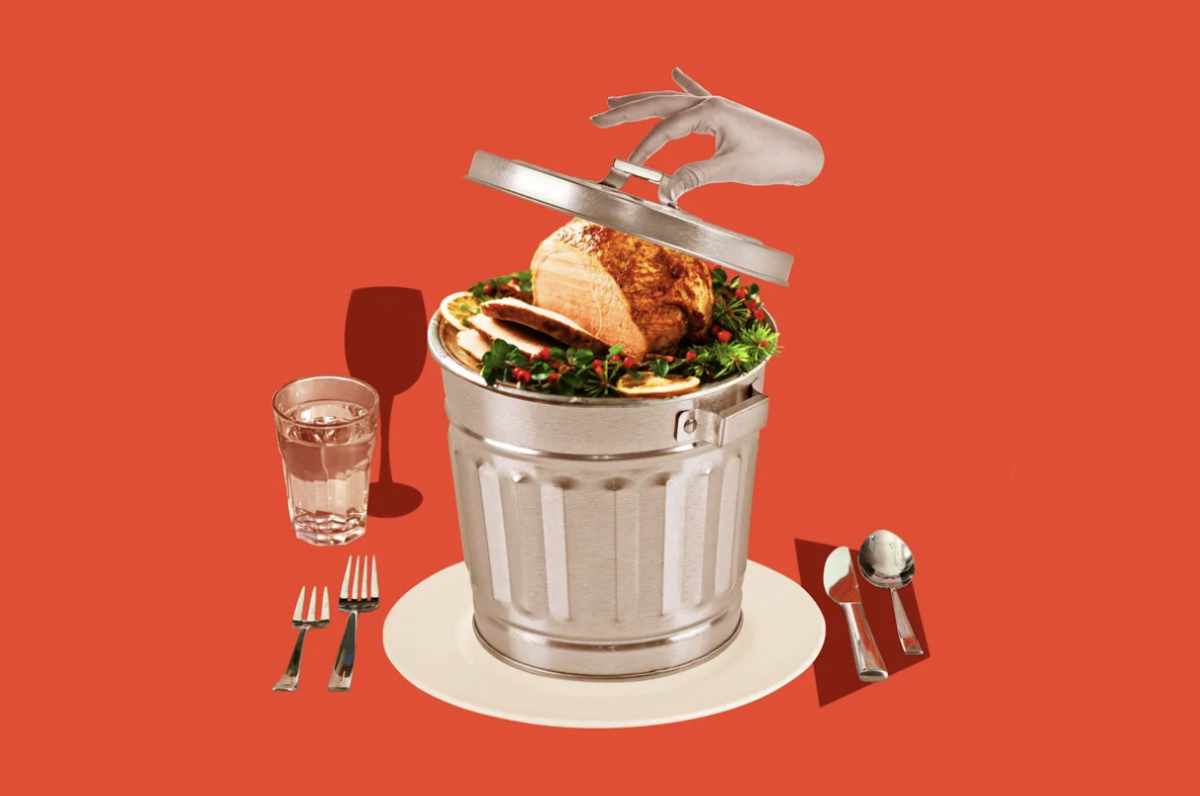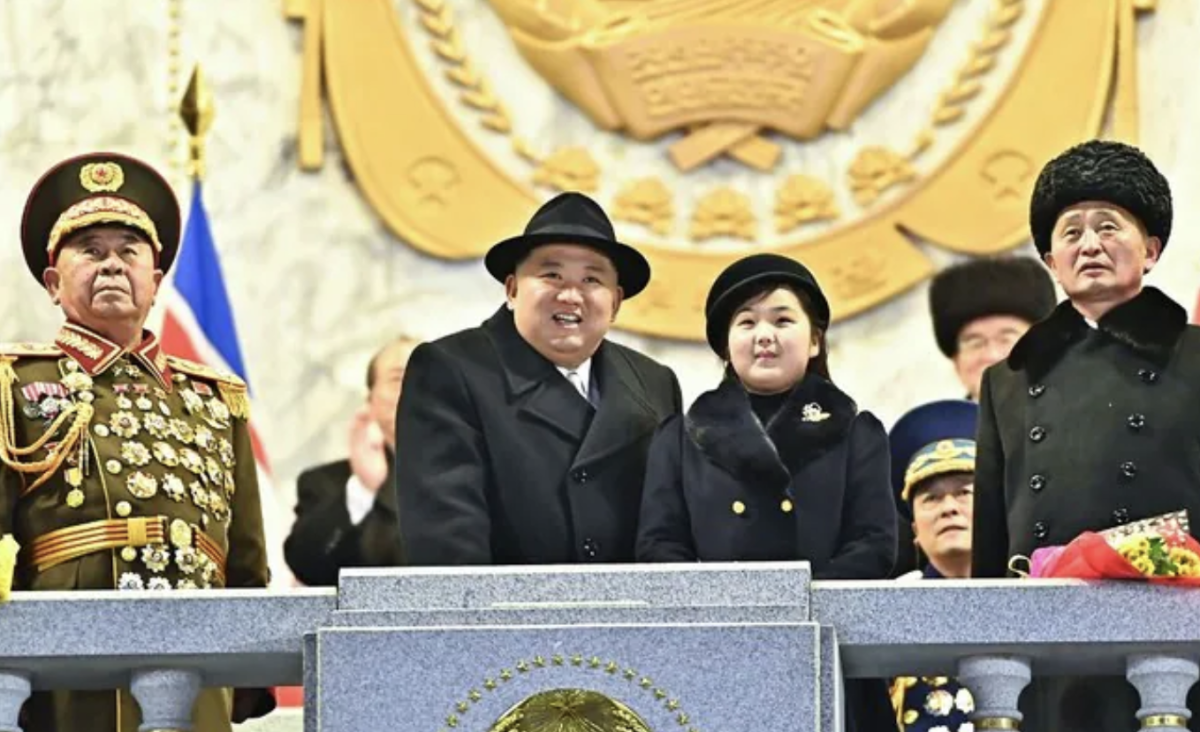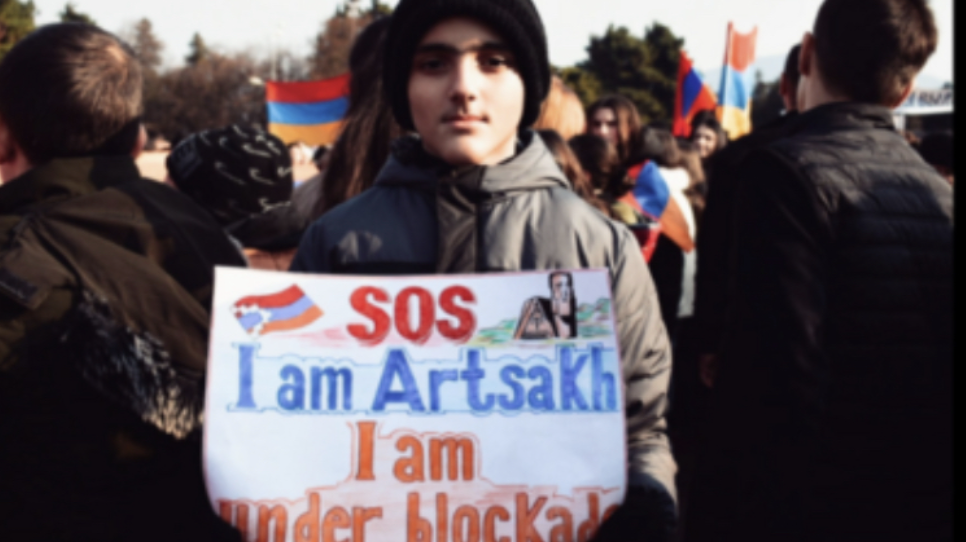As the Ukraine war continues to rage just as fiercely as when it began after a year of fighting, Americans have begun to sour on aid for Kyiv, with many concerned about solving domestic problems rather than funding a war across the world. The drop in support is certainly nothing to ignore, as public opinion on sending weapons to Ukraine has fallen a whopping 12% since May of 2022. However, amidst this decline in the U.S., Estonia has taken a very different stance.
Holding their first parliamentary elections since before the war began, Prime Minister Kaja Kallas’ Reform Party easily secured a coalition mandate to lead the government for another term, gaining three seats and improving their total to 37 of the 101 seats in the Riigikogu (“Assembly of the State”). The elections were held on March 5th with a relatively high turnout of 63.7%. Fifty-one percent of those votes were cast online via e-voting, the first time the practice has been used more than paper balloting in world history. The Kallas government’s principal opponents, the Conservative People’s Party (EKRE), found their far-right, eurosceptic agenda unpalatable to voters, losing two seats and failing to come close to dethroning the country’s incumbent center-right leadership.
During her tenure as Prime Minister, Kallas was quick to supply Ukraine with $400 million worth of arms and other aid, also pushing allies to give aid in the lead-up to Russia’s invasion. This ongoing support has made Estonia Ukraine’s largest contributor relative to their gross domestic product (GDP). The EKRE raised concerns over Estonia’s lack of military-grade weapons – diminished by shipments to Ukraine – as well as the country’s worsening economy (inflation reached 18.6%), which they allegedly could not support another influx of Ukrainian refugees. Their leader, Martin Helme, said Estonia’s current policies were “an invitation of aggression” and brought forth the possibility that Kallas’ bloc “stole” the election. However, the politics of the Reform Party align more closely with European Union policy on aid for Ukraine’s military and refugees and Russian sanctions, which three in four Estonian voters approve of.
Ukrainian support has not just been a matter of goodwill, however, as many Estonians and Eastern Europeans, in general, see Russia as a direct threat to their national security. Russian President Vladimir Putin has done nothing but inflame these concerns in Estonia, saying live on television that he would like to conquer the town of Narva (now located in Estonia) as former Czar Peter the Great once did. However, many Estonians who speak Russian are uneasy about actively aiding a war against the country from which they trace their roots and have qualms about the direction Estonia is headed. This is because both leading parties have drawn ire from this demographic group for different political positions: the Reform Party for its anti-Russia aid and the EKRE for its support of supplanting the teaching of Russian language in schools for Estonian.
In brief remarks to reporters at a gathering of party supporters in Tallinn, Prime Minister Kallas said that Estonians “have to invest in our security, [as] our aggressive neighbour has not vanished…” While not touched upon during conversations with the press, the continuance of a Reform Party government gives a voice to green energy advocates in Estonia—a policy to which Kallas has been receptive and the EKRE has criticized—as well as proponents of lower taxes on businesses, legal same-sex civil partnerships, and increased military spending. All that is to say that Estonia is clearly looking toward the future on topics such as climate, security, voting, and gay rights, providing a model for the U.S. in terms of political unity and the bipartisan benefits of centrist governance, even in a conservative-leaning country like Estonia.
Sources: AP News (1), Wall Street Journal (2), Wikipedia (3), Reuters (4), PBS (5), VOA News (6), Atlantic Council (7)

